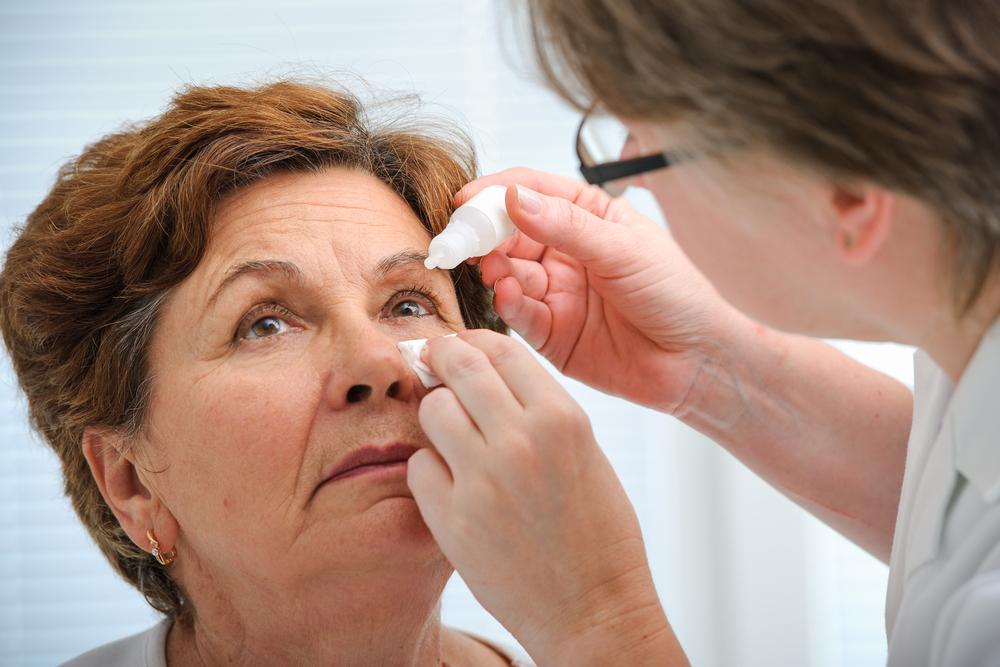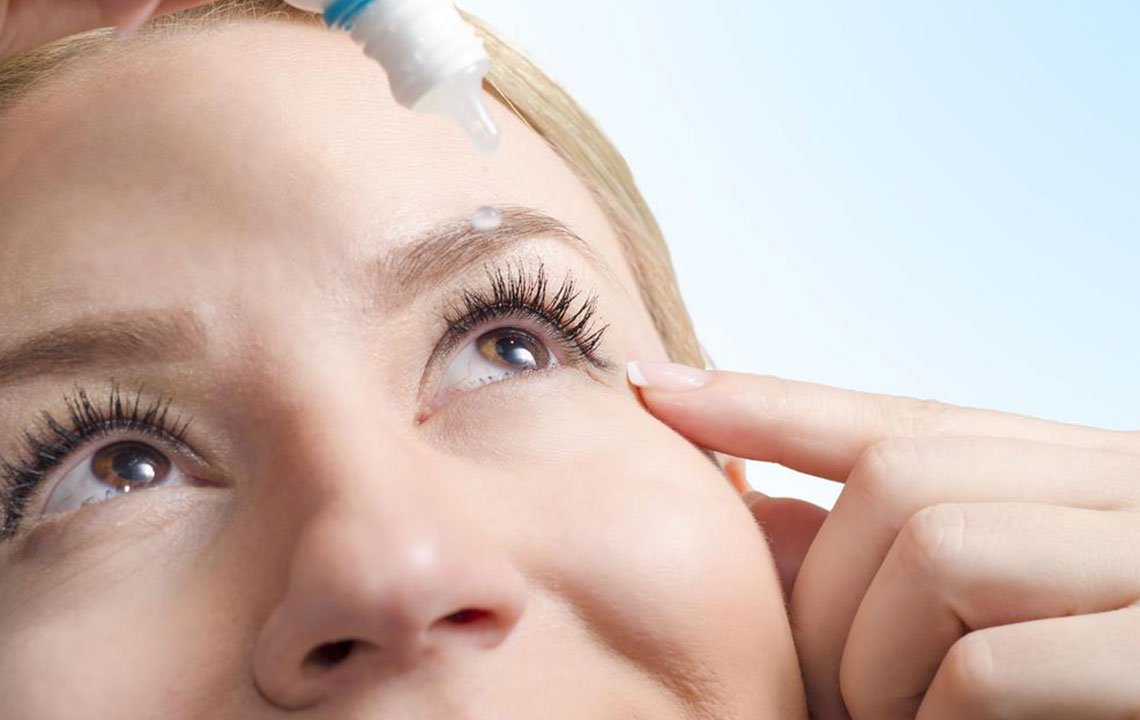Effective Approaches to Alleviating Dry Eye Conditions
Discover effective methods to manage dry eye syndrome, including lubricating drops, prescription treatments like Restasis, and innovative light therapy. These approaches aim to relieve discomfort, promote natural tear production, and improve overall eye health through personalized strategies and lifestyle modifications.

Dry eye disease is a common, chronic condition that tends to worsen without proper management, especially in severe cases where complete cure may be challenging. Using targeted eye drops can help ease discomfort and enhance visual clarity. Since causes vary—from prolonged screen exposure to environmental factors—consulting eye care professionals for personalized treatment plans is essential. Here are some proven strategies to effectively manage dry eye symptoms:
Artificial Tears and Lubricants
For mild cases triggered by extended screen use, dry surroundings, or minimal activities, over-the-counter lubricating eye drops provide quick relief. These come in different viscosities—lighter solutions for immediate comfort and thicker gels for prolonged lubrication, often used during nighttime. Regular application ensures optimal relief.
Medical Prescriptions: Restasis
When medical intervention is needed, doctors may prescribe Restasis, which reduces eyelid inflammation and promotes natural tear production. Typically used over several months, initial sensations of burning may occur but usually subside. Regular use supports long-term eye hydration and health.
Light Therapy for Inflammation
Intense pulsed light (IPL) treatments, approved for skin rosacea, also show benefits for ocular rosacea associated with dry eyes. The therapy targets abnormal blood vessels along eyelid edges, reducing inflammation. Multiple sessions, scheduled monthly, can significantly minimize symptoms and reduce dependence on eye drops, with minimal downtime.
Additional practices include blinking more often, taking breaks from screens, removing eye makeup thoroughly, practicing eyelid hygiene, and protecting eyes from UV rays with sunglasses. Always consult an eye specialist before beginning new treatments for personalized care.


